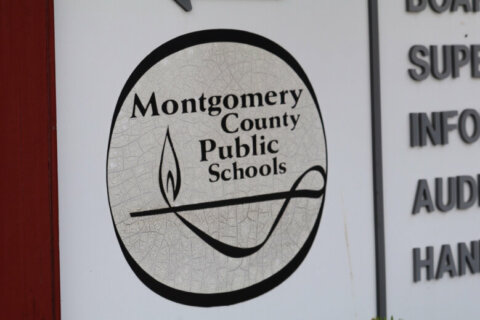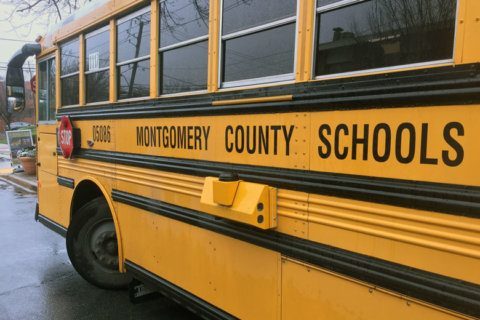WASHINGTON — Montgomery County’s Board of Education is weighing a plan to make condoms accessible to all of its high school students.
The proposal comes after an effort to distribute condoms in four of the county schools’ wellness centers is about to go into effect.
In D.C., however, condoms have already been distributed to students since 1992. According to Michael Kharfen, the Senior Deputy Director for HIV/Hepatitis/STD’s/TB Administration at the D.C. Department of Health, initially, condoms were only available in school nurse’s suites.
It became clear over time that few students were going to the nurse’s suites to get condoms.
“Then in 2012, the Health Department, working with our schools expanded that policy,” he said. Kharfen said that meant trained staff members could distribute condoms to students.
Then in 2013, D.C. schools began training students to become “peer educators” who could distribute condoms directly to classmates seeking information along with condoms.
“We know from lots of different studies that young people get a lot of their information from peers, and we wanted to make sure that students would have access to correct information about sexual health,” Kharfen said. So far, the school system’s trained more than 300 students. “We’ve distributed over 300,000 condoms in our schools,” Kharfen said.
Those peer counselors, called “Wrap MCs” have to complete a webinar and pass a test to get a certificate. Then they work with a designated Wrap MC coordinator at their school before they can distribute condoms.
Despite the work to get accurate information to young people — along with condoms — Kharfen said D.C., like communities across the country, has seen an increase in the rate of sexually transmitted diseases. “We know that young people are having sex, and the opportunity here is to give them access to both information and tools that will allow them to make healthy choices,” said Kharfen.
Montgomery County School Board member Jill Ortman-Fouse, who favors making condoms available to all high school students, said she is open to suggestions from parents, and understands that getting parents on board with condom distribution may be a challenge. But she’d also like to explore a plan to allow middle school parents to opt-in to a program that could give middle school students access to condoms, too.
In D.C., Kharfen said there was a lot of support for the program, but there were parents who had serious reservations. “We went out to parents’ associations, and we talked about condoms in the school, we had those kind of conversations, but the vast majority were very supportive of responsible adults and trained young people having these informed conversations,” with students.
Kharfen said D.C. is working on rolling out a new program to deal with the broader issue of sexual health among teens, including establishing healthy relationships.








